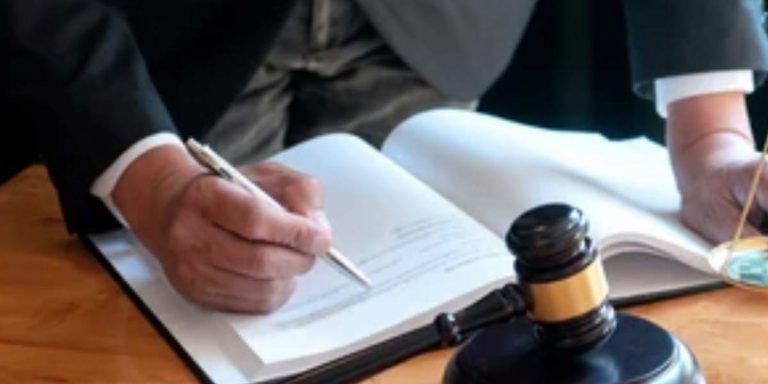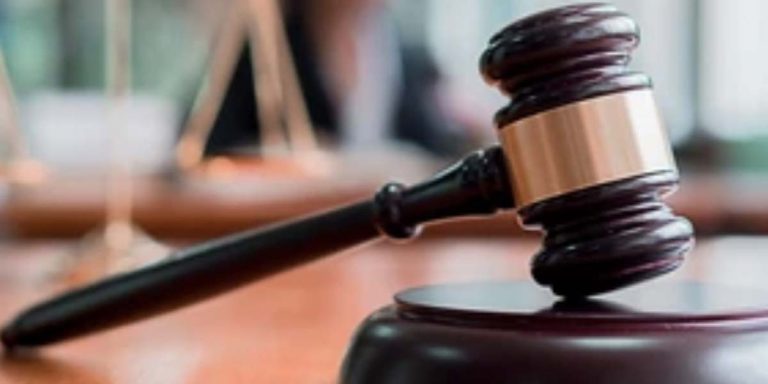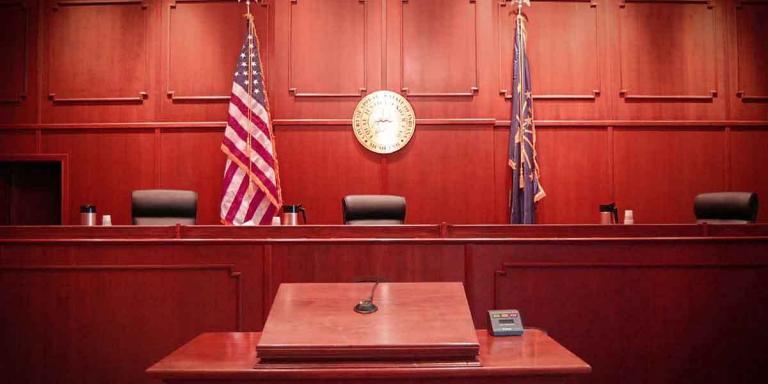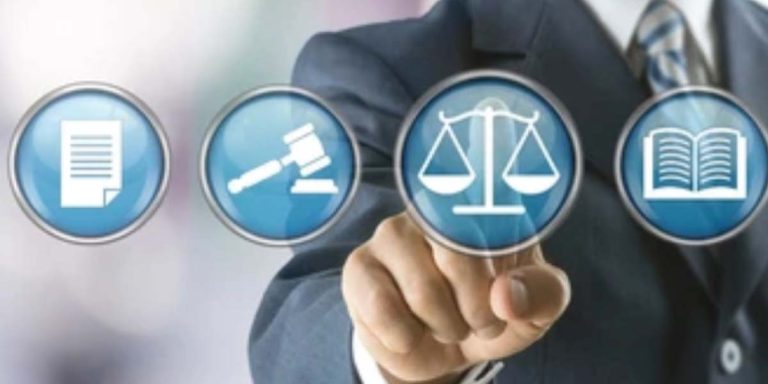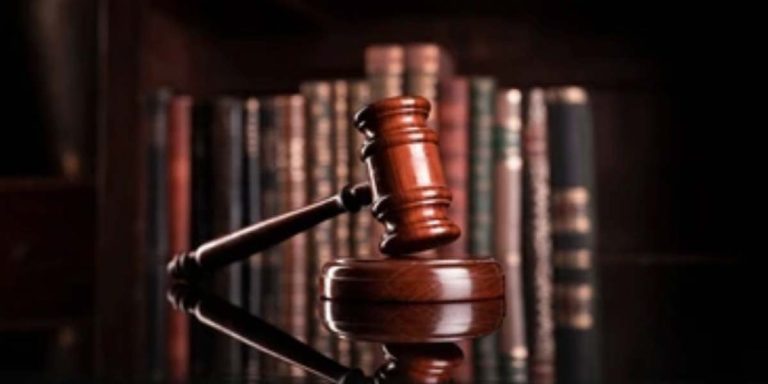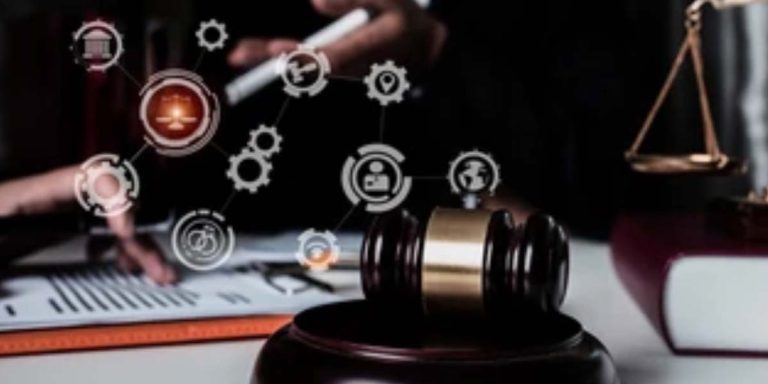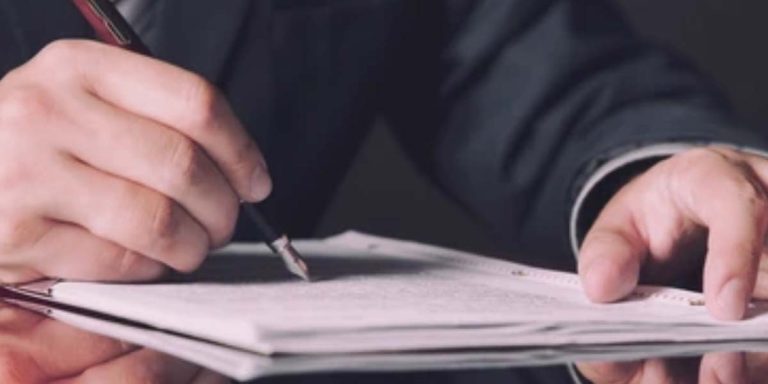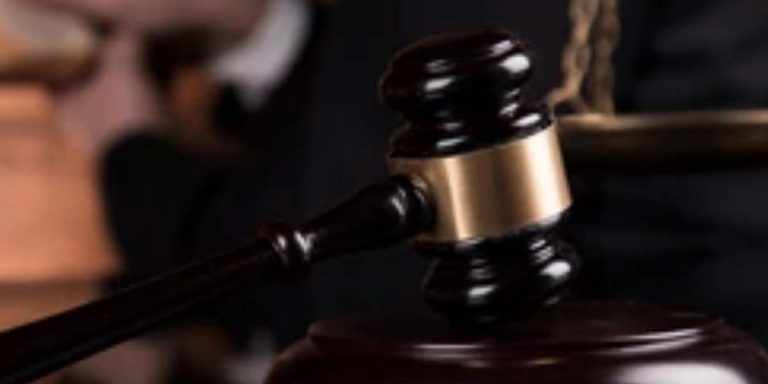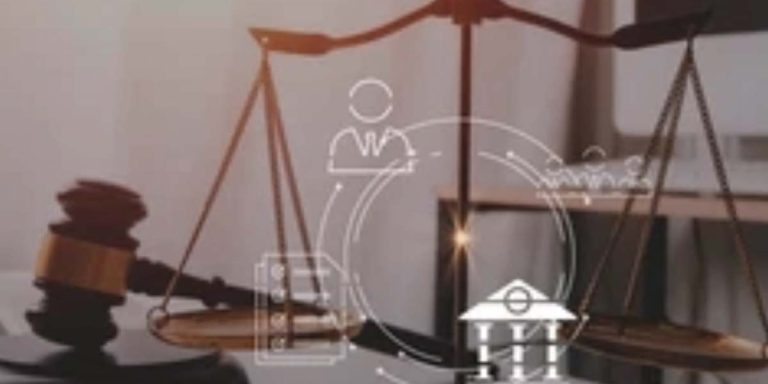In New York, guardians, trustees, and powers of attorney (POA) are critical in managing another person’s affairs or assets. However, situations may arise where it becomes necessary to remove an individual from these positions due to misconduct, incapacity, or other reasons. Understanding the legal process for such removals is crucial to protecting the interests of those affected.
Understanding the Grounds for Removal
Before initiating the removal process, it’s important to understand the legal grounds for removal in New York, which may include incapacity, breach of fiduciary duty, mismanagement of assets, or a conflict of interest.
Steps to Remove a Guardian
Removing a guardian involves a court proceeding where evidence of the guardian’s inability to perform their duties effectively must be presented. This section will detail the petition process, necessary documentation, and what to expect in court.
How to Remove a Trustee
Trustees can be removed by the settlor, through co-trustee actions, or by beneficiaries if they are not acting in the best interest of the trust’s beneficiaries. The process may vary depending on the terms of the trust and state laws. We will explore how these laws apply in New York and the steps involved in removing a trustee.
Revoking a Power of Attorney
A power of attorney can be revoked at any time by the principal, provided they are mentally competent. This section will explain how to properly draft and record a revocation to ensure the former agent’s powers are legally terminated.
Legal Considerations and Challenges
Removing someone from a position of legal authority can involve complex legal challenges, including potential resistance from the individual or disagreements among family members or beneficiaries. This part will address potential legal hurdles and how to navigate them.
Replacing a Guardian, Trustee, or POA
Once removal is successful, appointing a new guardian, trustee, or agent is the next step. Tips on choosing a suitable replacement and the legal procedures involved will be discussed to ensure a smooth transition.
How Morgan Legal Group Can Assist
The complexities involved in removing a guardian, trustee, or POA require professional legal guidance. Learn how Morgan Legal Group can provide expert legal advice and representation to ensure your rights and those of your loved ones are protected throughout the process.
Conclusion: Safeguarding Your Legal Rights
Removing a guardian, trustee, or POA is a significant legal action necessary to protect assets and welfare. With the right preparation and legal support, you can navigate this process effectively to ensure the best outcome for all parties involved.
What Happens if You Need to Remove a Guardian, Trustee, or POA
Navigating the removal of a guardian, trustee, or a power of attorney (POA) in New York requires understanding complex legal standards and procedures. This guide from Morgan Legal Group outlines the essential steps and considerations for addressing issues with appointed fiduciaries or agents responsibly and legally.
Understanding the Grounds for Removal
The first step in removing a guardian, trustee, or POA involves identifying valid legal grounds for removal. These can include misconduct, incapacity to perform duties, or a breach of fiduciary duties. We will explore what these grounds entail and how they apply under New York law.
Legal Procedures for Removal
Removing a fiduciary is not as simple as making a decision and notifying the individual; it typically requires court intervention. This section details the procedural steps necessary to initiate a removal action in court, including necessary documentation and potential hearings.
Documenting Evidence
Documenting evidence is crucial for supporting your case. This might include financial records showing mismanagement, correspondence demonstrating incompetence, or medical records related to incapacity. We will discuss how to gather and present this evidence effectively.
Alternative Dispute Resolution
Before taking legal action, alternative dispute resolution methods such as mediation might be considered. This can be a less adversarial and costly way to resolve disputes. The advantages and process of mediation in such cases will be examined.
Impact on the Estate or Ward
The removal of a trustee, guardian, or POA can have significant implications for an estate or a ward under guardianship. This section considers the potential impacts and how to manage the transition smoothly to ensure that the estate or the ward’s interests are protected.
Appointing a Successor
Once removal is underway, appointing a successor is a critical next step. We will discuss considerations for choosing a competent and trustworthy replacement, including the legal qualifications and duties involved.
Preventing Future Problems
To prevent future issues, it is important to understand how proper initial selection and oversight of trustees, guardians, and POAs can mitigate risks. Strategies for setting clear expectations and regular monitoring will be provided.
Legal Assistance from Morgan Legal Group
Handling the removal of a fiduciary involves navigating complex legal waters. Morgan Legal Group can provide expert guidance and representation throughout the process, ensuring that your rights and those of your loved ones or estate are adequately protected.
Conclusion: Safeguarding Your Legal Rights
The decision to remove a guardian, trustee, or POA should not be taken lightly. This guide aims to empower you with the knowledge to handle such situations with confidence, backed by the support of skilled legal professionals in New York.




